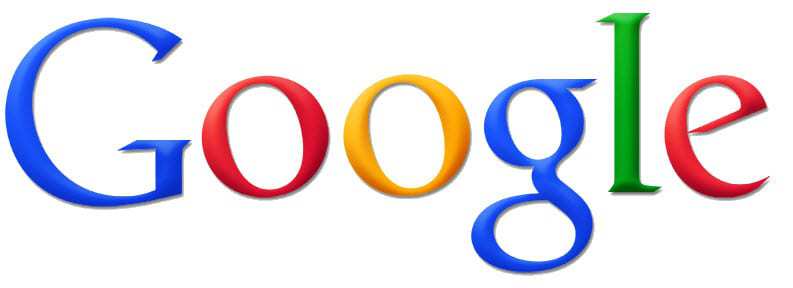
Google has added QR codes to one of their new mobile reading platforms. The company’s WebGL Bookcase is a new web-based program for the Chrome Internet explorer. The program can be populated with a vast array of electronic books, more commonly referred to as ebooks. Each book in Google’s library is attributed with its own QR code. Google has recently begun adopting QR codes for some of their web-based initiatives after denouncing the codes earlier in the year.
Google’s books have their own, unique QR code. When scanned with a smart phone, the codes resolve to a mobile website where a particular book can be read from a mobile device. In this way, mobile users are given access to an extensive library of literary works ranging from Shakespeare to Stephanie Mayer, and can read their favorite books wherever they may be. Google will be tracking the performance of each code to see which books are most popular and whether mobile users are making use of the codes at all.
The WebGL Bookcase can be visited via smart phone, but is resource intensive and is best viewed from a PC. Most high-end smart phones will be able to handle the demands of the web-based program, but older phones may struggle to run at an appropriate speed when viewing the bookcase.
Google may have plans to incorporate QR codes in other online ventures in the future, but the company is putting a great deal of focus on NFC technology at present.
